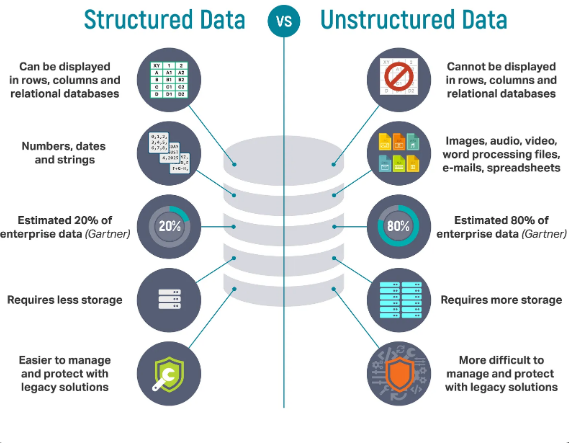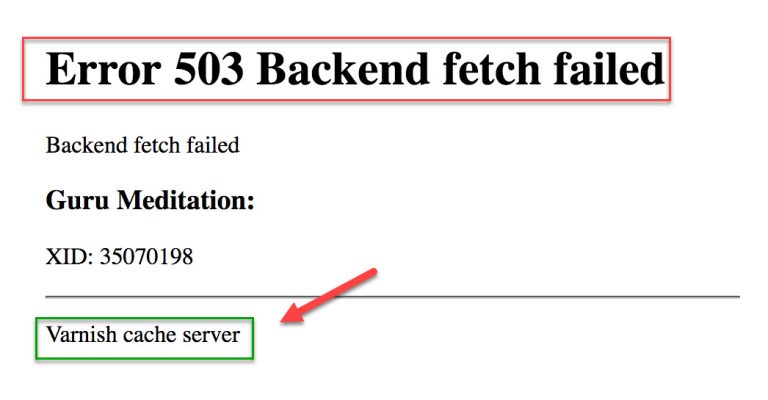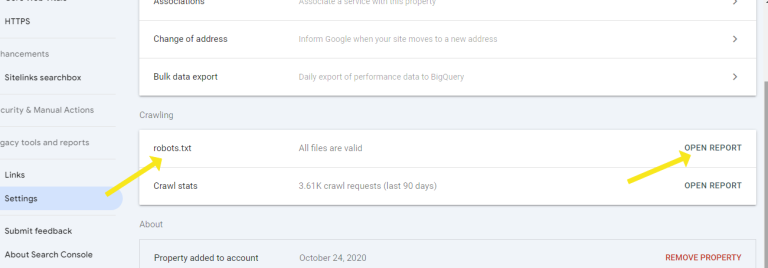Importance of Structured Data for Crawlability
Structured data significantly enhances a website’s crawlability and SEO by providing search engines with organized, additional information about the site’s content. This improved clarity aids in accurate indexing and categorization, leading to better visibility in search results through rich snippets that boost click-through rates.
To leverage these benefits, website owners should use standardized formats like Schema.org, determine the relevant information to include, and incorporate the structured data into their HTML code.
Proper implementation of structured data not only helps search engines understand and index content more effectively but also improves user experience by delivering more relevant and engaging search results.
Understanding Structured Data
What is Structured Data?
Structured data is a standardized format for providing information about a page and classifying the page content. It uses a specific vocabulary, such as Schema.org, to define data in a way that search engines can easily parse and understand.
Types of Structured Data
Structured data can describe various elements, including products, events, reviews, articles, and local businesses. The type of structured data used depends on the content of the page and the information you want to highlight for search engines.
Common Structured Data Formats
The most common formats for structured data are JSON-LD (JavaScript Object Notation for Linked Data), Microdata, and RDFa (Resource Description Framework in Attributes). JSON-LD is recommended by Google for its simplicity and ease of implementation.
How Structured Data Enhances Crawlability
Improving Search Engine Understanding
Structured data helps search engines understand the context and content of your pages. By providing explicit information about your content, structured data enables search engines to index your site more accurately, improving crawlability and search visibility.
Enhancing Rich Snippets and Search Features
Structured data can enhance your search engine results with rich snippets, such as review stars, product prices, and event dates. These enhanced listings not only improve visibility but also increase click-through rates by providing users with more detailed and relevant information directly in the search results.
Boosting Content Discoverability
By using structured data, you can help search engines discover and understand the relationships between different pieces of content on your site. This improved understanding can lead to better indexing and higher rankings for your pages.

Implementing Structured Data
Choosing the Right Schema Markup
Selecting the appropriate schema markup for your content is crucial. Schema.org provides a comprehensive list of types and properties to choose from. For example, if you run a local business, you would use the LocalBusiness schema to describe your business details.
Tools for Structured Data Implementation
Several tools can help you implement structured data, including Google’s Structured Data Markup Helper, Schema App, and plugins for content management systems like WordPress. These tools simplify the process of adding and managing structured data on your site.
Types of Schema Markup for SEO
Article Schema
The Article schema is used for news articles, blogs, and similar content. It helps search engines understand the structure of your articles and can enhance search results with rich snippets like headlines, authors, and publication dates.
Breadcrumb Schema
Breadcrumb schema helps define the breadcrumb trail on your website, improving navigation and providing search engines with additional context about the structure of your site. This can enhance user experience and improve crawlability.
Product Schema
Product schema is essential for e-commerce sites. It provides detailed information about products, such as prices, availability, and reviews. This information can be displayed in rich snippets, making your product listings more attractive in search results.
Event Schema
Event schema is used to describe upcoming events. It includes details like event dates, locations, and ticket prices. This structured data can help your events appear in Google’s event search feature, increasing visibility and attendance.
Local Business Schema
Local Business schema provides detailed information about your business, including address, phone number, opening hours, and reviews. This can improve your local search visibility and make it easier for customers to find your business.
Best Practices for Structured Data
Avoiding Common Mistakes
Common mistakes in structured data implementation include using incorrect schema types, not keeping the data updated, and failing to match structured data to the on-page content. Ensuring accuracy and consistency is key to effective structured data usage.
Testing and Validating Structured Data
Testing your structured data is crucial to ensure it’s implemented correctly. Google’s Structured Data Testing Tool and Rich Results Test are excellent resources for validating your structured data. These tools can identify errors and suggest improvements.
Monitoring Structured Data Performance
Using Google Search Console
Google Search Console provides valuable insights into how your structured data is performing. The Enhancements report highlights any issues with your structured data and shows how your enhancements are impacting search performance.
Third-Party Tools for Structured Data Analysis
Tools like SEMrush, Ahrefs, and Screaming Frog can also provide detailed reports on your structured data, helping you monitor its performance and impact on SEO. These tools offer insights into how structured data is improving your site’s crawlability and visibility.
FAQs
What is structured data, and why is it important for SEO?
Structured data is a standardized format for providing information about a page and its content. It helps search engines understand and index your site more effectively, improving crawlability and search visibility.
How does structured data improve crawlability?
Structured data provides explicit information about your content, enabling search engines to index your site more accurately. This improves crawlability and helps your content appear in rich snippets and other search features.
What tools can I use to implement structured data?
Google’s Structured Data Markup Helper, Schema App, and various CMS plugins can help you implement structured data. These tools simplify the process of adding and managing structured data on your site.
What are common mistakes to avoid when using structured data?
Common mistakes include using incorrect schema types, not keeping the data updated, and failing to match structured data to the on-page content. Ensuring accuracy and consistency is crucial.
How can I test my structured data?
Google’s Structured Data Testing Tool and Rich Results Test are excellent resources for validating your structured data. These tools can identify errors and suggest improvements.
How can structured data impact my search results?
Structured data can enhance your search engine results with rich snippets, such as review stars, product prices, and event dates. These enhanced listings improve visibility and increase click-through rates.





